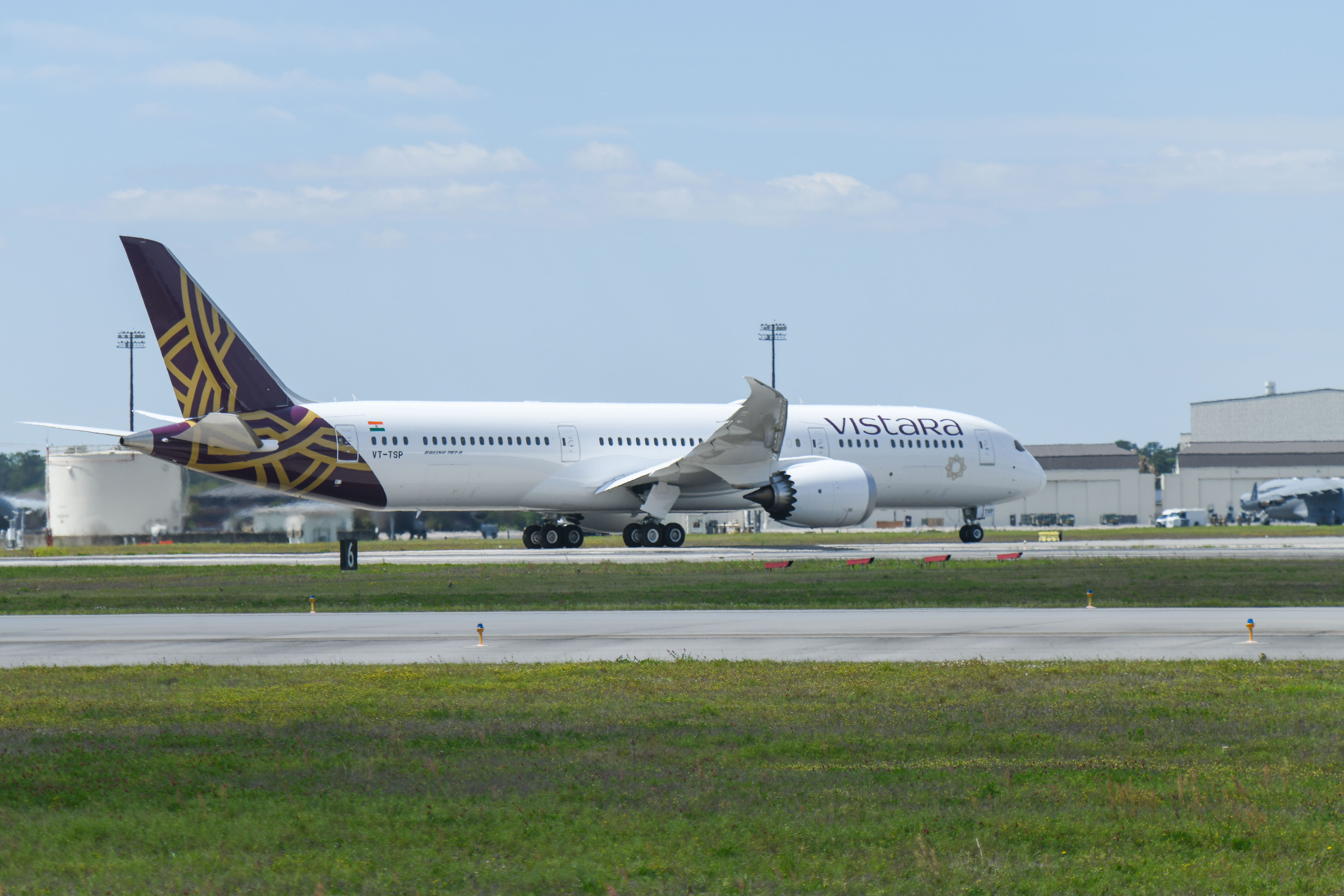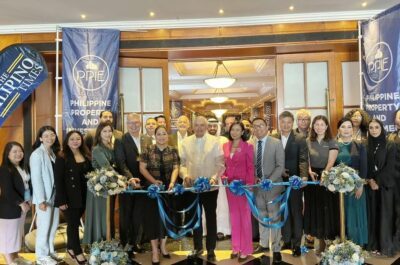Investing into transport infrastructure will be essential to the development of the travel industry in Central Asia. Ministers of the 10 nations forming the Central Asia Regional Economic Cooperation (CAREC) Program agreed on a plan to implement more than US$ 23 billion in new regional transport infrastructure projects.
BAKU – On October 30, Ministers of the 10 nations forming the Central Asia Regional Economic Cooperation (CAREC) Program agreed on a plan to implement more than US$ 23 billion in new regional transport infrastructure projects, together with energy and trade initiatives, aimed at creating seamless connectivity and greater prosperity in the region.
“Regional cooperation is essential to promote inclusive and environmentally sustainable growth,” Asian Development Bank (ADB) President Haruhiko Kuroda said in a keynote address to the 11th CAREC Ministerial Conference. “Poor connectivity arising from inadequate transport and communication’s infrastructures can impede trade expansion and investment attraction.”
The Wuhan Action Plan, unveiled at the ministers’ meeting, prioritizes 68 transport projects that will contribute to six major corridors linking the ports in eastern People’s Republic of China (PRC) with the Caucasus and beyond, and connecting northern Kazakhstan to the trading hubs in Karachi and Gwadar in Pakistan. This will be complemented by efforts to improve border and customs services to allow people and goods to move easily between nations. In addition, CAREC nations aim to raise funds to build and improve energy assets.
Representatives from CAREC multilateral institution partners – ADB, European Bank for Reconstruction and Development, the International Monetary Fund, the Islamic Development Bank, the United Nations Development Programme, and the World Bank – and bilateral donor agencies from France, Japan, United Kingdom, and the United States – pledged support for the Wuhan Action Plan.
The Ministers, representing Afghanistan, Azerbaijan, the PRC, Kazakhstan, the Kyrgyz Republic, Mongolia, Pakistan, Tajikistan, Turkmenistan, and Uzbekistan, also agreed to establish a base for the CAREC Institute in the region by 2014 to support strategic projects through analytical work, training, and knowledge management.
Since 2001, the CAREC region has seen over US$ 19 billion in investments in some 120 projects, including almost 4,000 km of roads, 3,200 kilometers of railways, and more than 2,300 km of power transmission lines.
CAREC ministers met in Baku, Azerbaijan in November 2011 where they endorsed the CAREC 2020 framework for the region for the subsequent decade. They will next meet in late 2013 in Kazakhstan.
ADB has acted as the CAREC Secretariat since the grouping was formed in 2001. ADB, based in Manila, is dedicated to reducing poverty in Asia and the Pacific through inclusive economic growth, environmentally sustainable growth and regional integration. Established in 1966, it is owned by 67 members -48 from the region. In 2011, ADB approvals including co-financing totalled $21.7 billion.
Luc Citrinot a French national is a freelance journalist and consultant in tourism and air transport with over 20 years experience. Based in Paris and Bangkok, he works for various travel and air transport trade publications in Europe and Asia.


























































































